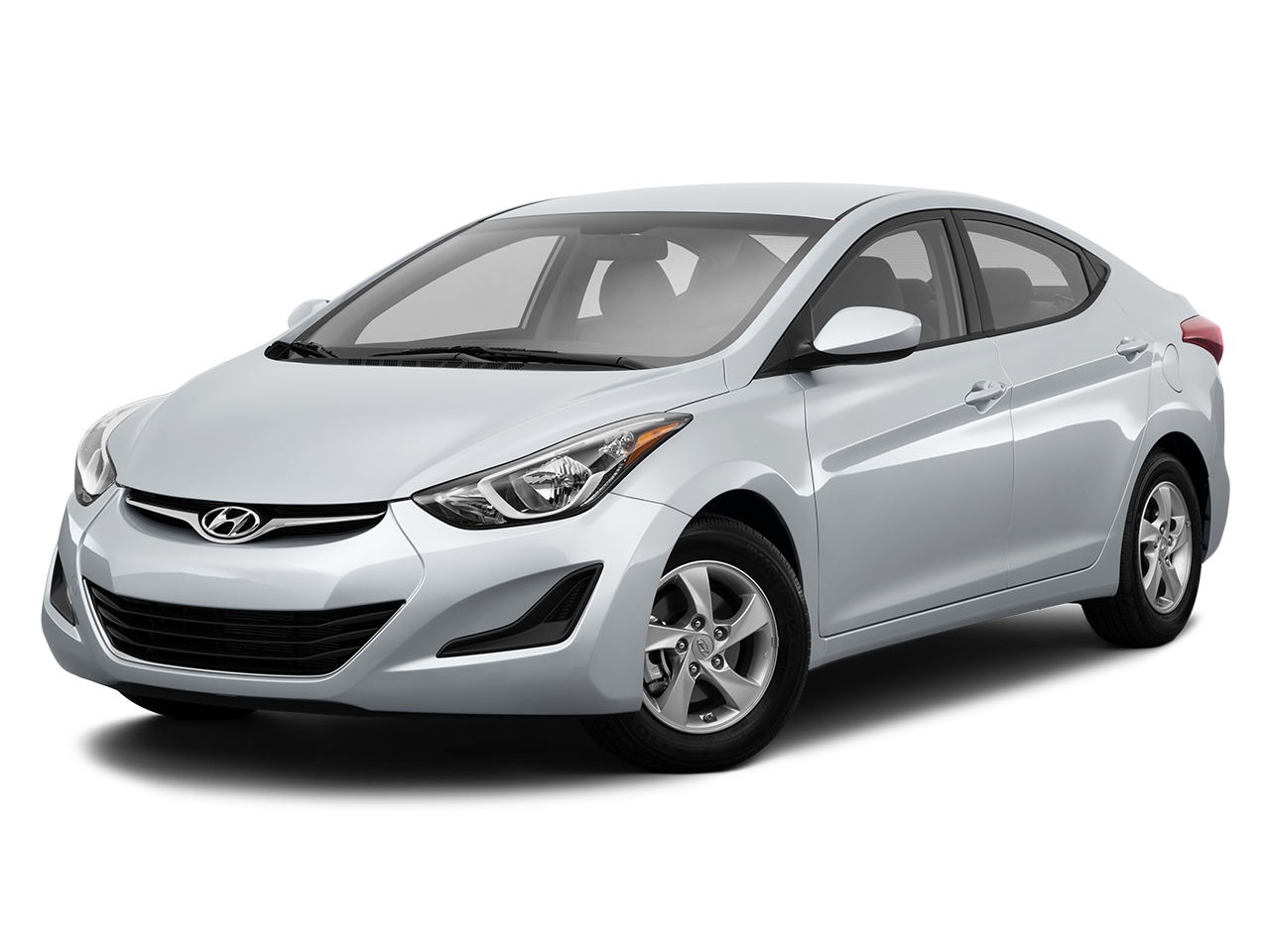At Insuro, we know that choosing the right insurance for your vehicle is essential. Here, we provide an in-depth look at Third Party Car Insurance, exploring its benefits, limitations, and who it suits best. This guide will help you understand how third-party insurance works and why it might be the right choice for your needs.
What is Third Party Car Insurance?
Third-party car insurance is the minimum level of coverage legally required for drivers in the UK. It provides financial protection if you’re responsible for an accident that causes damage to another person’s vehicle or property or results in injury. However, it’s important to note that this policy covers only third parties involved – it won’t cover damage to your car or any personal injuries you might suffer.
What does Third Party Insurance cover?
Third party insurance includes explicitly:
- Damage to another person’s vehicle: If you’re at fault in an accident, the policy will cover repairing or replacing the other person’s car.
- Property damage: This includes any harm to another person’s property, such as walls, fences, or even street signs.
- Injury or death of a third party: Should you cause an accident resulting in injury or death, third party insurance will cover the related compensation or medical expenses.
This type of insurance does not cover:
- Damage to your car: Any repair or replacement costs for your vehicle are not included.
- Your medical expenses: Medical or rehabilitation costs for any injuries you sustain are also excluded.
Is Third Party Car Insurance mandatory?
Yes, third-party insurance is mandatory in the UK and many other countries. This legal requirement ensures that anyone who suffers injury or property damage is protected financially in the event of an accident. Driving without at least third-party insurance is illegal and could result in fines, licence points, or even disqualification from driving.
What’s the difference between Third Party, Third Party Fire and Theft, and Comprehensive Insurance?
Here’s a quick comparison:
- Third Party Only: Covers damage or injury to others but excludes cover for your vehicle and injuries.
- Third Party, Fire, and Theft: This protects your vehicle if it’s stolen or damaged by fire while covering third-party claims.
- Comprehensive Insurance: Offers the most extensive protection, covering third-party claims, theft, fire damage, and accidental damage to your vehicle.
Who might benefit from Third Party Car Insurance?
Third-party car insurance is typically best suited for:
- Drivers of older or low-value vehicles: If your car is low market value, comprehensive cover may not be cost-effective.
- Cost-conscious drivers: Third-party policies are often more affordable than comprehensive options, making them suitable for those looking to meet minimum legal requirements without high premiums.
- Drivers with minimal exposure to risk: This basic level of cover may benefit those who drive infrequently or in lower-risk environments.
Can I drive other cars with Third Party Insurance?
Generally, third party insurance only applies to the specific vehicle listed on the policy. However, some insurers offer an extension allowing drivers to use third-party cover on other cars. It’s essential to check with your insurer, as this feature is only automatically included in some standard policies.
What are the Advantages and Disadvantages of Third Party Car Insurance?
Advantages:
- Lower premium: Third-party policies often have a more affordable premium, offering a cost-effective way to meet legal requirements.
- Simplicity: Provides basic cover without additional features, making it straightforward to understand and use.
Disadvantages:
- Limited coverage: You are not covered for your own vehicle or personal injuries, which could lead to higher out-of-pocket costs if you are involved in an accident.
- Potentially higher long-term costs: In some cases, comprehensive policies may be similarly priced, offering more extensive protection for a similar cost.
Does Third Party Car Insurance cover passengers?
Typically, third-party insurance covers injury to individuals outside your vehicle but does not always extend to passengers within it. However, some insurers may offer optional passenger cover as an add-on. To understand your specific cover, it is recommended that you review your policy documents or consult with your insurer.
How much does third-party car insurance cost?
The cost of third-party car insurance varies depending on factors such as the driver’s age, driving record, location, and the type of vehicle insured. Third-party cover is generally less expensive than comprehensive cover, but premiums can vary widely depending on personal and vehicular risk factors.
Is Third Party Car Insurance cheaper than Comprehensive Insurance?
In many cases, third-party insurance offers a lower premium than comprehensive insurance. However, this is only sometimes true; some drivers may find that comprehensive cover, which includes protection for their vehicle, is similarly priced. Comparing options and getting quotes from various insurers can help determine the best value for your needs.
What should I consider when choosing Third Party Car Insurance?
Key considerations include:
- Budget: Assess how much you’re willing to spend on car insurance, balancing cost with your desired level of coverage.
- Value of your car: For older or less valuable vehicles, third-party insurance may be a practical choice.
- Personal driving habits: Consider your driving frequency, environment, and potential risk exposure.
- Insurer reputation and support: Research prospective insurers’ customer service quality, as this can significantly affect the claims experience.
At Insuro, we strive to make car insurance selection straightforward. By comparing third-party car insurance options, we help you find a policy that meets legal requirements and suits your unique needs. Whether you’re looking to protect yourself on a budget or fulfil the minimum coverage requirement, we’re here to guide you in choosing the right policy.





